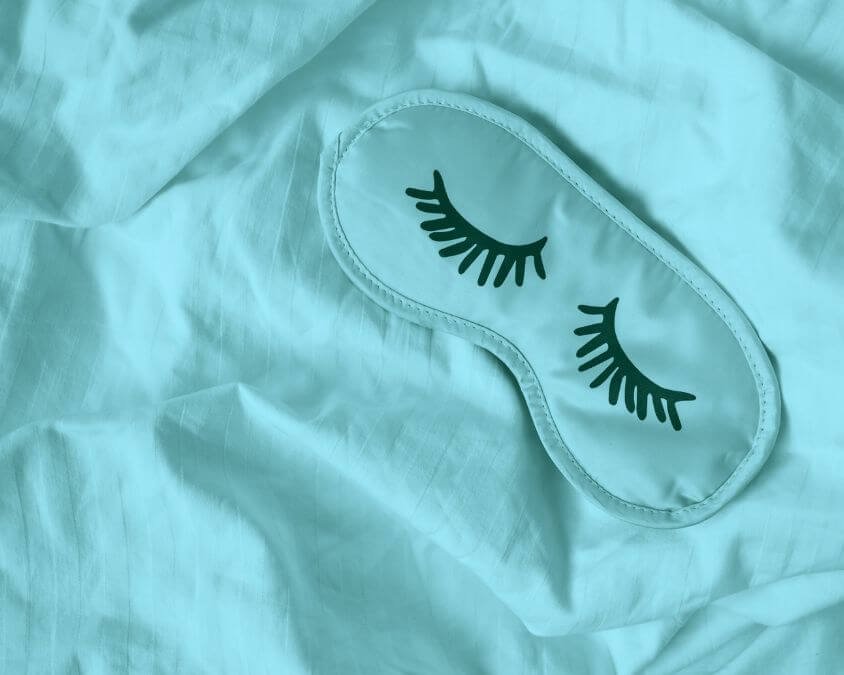Why Rest Is Just as Important as Diet and Exercise
In today’s fast-paced world, it’s easy to treat sleep like a luxury instead of a necessity. But if you’re living with PCOS (Polycystic Ovary Syndrome), quality sleep and proper recovery aren’t just nice to have, they’re essential. Sleep plays a powerful role in balancing hormones, improving metabolism, and helping you feel your best. Without it, managing PCOS becomes a whole lot harder.
The good news? Small changes to your sleep and recovery routine can lead to big improvements in your energy, mood, and hormone health. Let’s explore why sleep and recovery matter so much when it comes to PCOS, and how you can start making them a priority today.
How Sleep Affects Your Hormones with PCOS
PCOS is a hormonal condition often tied to insulin resistance, higher androgen levels, and irregular periods. Poor sleep can make these issues worse, leading to an exhausting cycle that’s tough to break. Here’s how:
Increased Cortisol (Your Stress Hormone)
When you don’t get enough sleep, your body releases more cortisol. High cortisol levels can:
- Disrupt your menstrual cycle
- Worsen insulin resistance
- Trigger more sugar cravings and fat storage (especially around your belly)
Insulin Resistance and Weight Gain
Sleep affects how your body processes glucose (sugar). Poor sleep raises blood sugar levels and worsens insulin resistance—a major concern for women with PCOS. This can lead to:
- Increased fat storage, especially in your midsection
- A higher risk of developing Type 2 diabetes
- More difficulty losing weight, even when you’re trying your best
Disrupted Hunger Hormones (Ghrelin & Leptin)
When you’re sleep-deprived, your hunger hormones get out of balance.
- Ghrelin (the hunger hormone) increases, making you feel hungrier
- Leptin (the fullness hormone) decreases, making it harder to feel satisfied
This imbalance can lead to cravings, overeating, and struggling to stick to a healthy, balanced diet.
Recovery Is More Than Sleep (But Sleep Is a Great Start!)
When we talk about recovery, it’s not just about getting a good night’s sleep (although that’s huge!). Recovery also includes activities that help you slow down, manage stress, and give your body the time it needs to restore and heal.
Here’s how you can weave recovery into your PCOS-friendly lifestyle:
Mindful Relaxation to Lower Stress
Managing stress is key to regulating cortisol and balancing your hormones. Try adding some of these calming practices to your daily routine:
- Yoga and Meditation – Gently lowers cortisol and helps you sleep better
- Breathwork and Journaling – Clears your mind, reduces stress, and can ease emotional eating
- Spending Time in Nature – A simple walk outside can lower stress hormones and boost your mood
Smart Exercise and Active Recovery
Exercise is important for managing PCOS—but more isn’t always better! Overtraining can increase stress and make symptoms worse. Instead, focus on a balanced movement plan:
- Strength Training and Moderate Cardio – Improves insulin sensitivity and supports metabolism
- Active Recovery (like walking or stretching) – Keeps you moving without spiking cortisol
- Prioritize Rest Days – Give your body time to recover and avoid burnout
Tips to Optimize Your Sleep for Hormone Health
Getting better sleep doesn’t have to be complicated. Start with these simple tips to improve your sleep quality and support hormone balance:
- Stick to a Regular Sleep Schedule – Go to bed and wake up around the same time each day
- Limit Screens Before Bed – Blue light from phones and TVs can mess with your melatonin
- Create a Calming Bedtime Routine – Herbal tea, reading, or gentle stretching can signal your body it’s time to wind down
- Make Your Bedroom Cool, Dark, and Quiet – Set the stage for deep, restful sleep
Rest Is the Missing Piece
If you’re working hard on your diet and exercise but still feeling stuck, it might be time to focus on sleep and recovery. Prioritizing rest isn’t lazy. It’s one of the smartest things you can do to support your hormones, improve insulin sensitivity, and feel like yourself again.
Start small. Try going to bed 15 minutes earlier, swapping late-night scrolling for reading, or adding a rest day to your workout routine. Over time, these small shifts can make a big difference.
Are you struggling with PCOS and sleep issues?
Let’s work together to create a lifestyle that helps you sleep better, stress less, and support your hormones from the inside out. You don’t have to figure this out alone!


